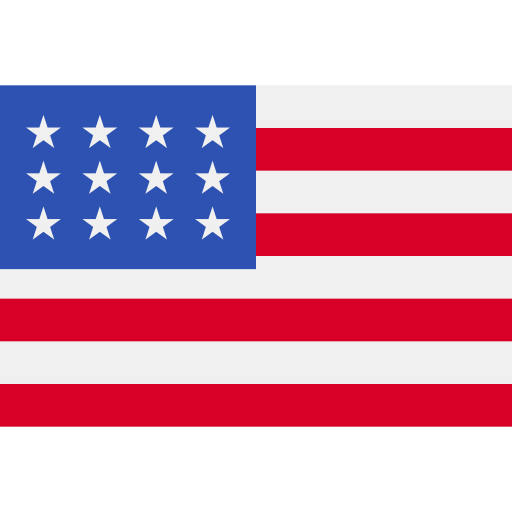27% of People With Retirement Accounts Have Made This Mistake
[ad_1]
I’ll be the first to admit that life has a way of throwing you curveballs when you’re seemingly the least prepared for them. According to the Annual Transamerica Retirement Survey, 27% of people with retirement accounts have needed to take early withdrawals. While it might be the last and only option, early withdrawals from your retirement accounts are costly and should be avoided. Here’s why.
Early withdrawals aren’t cheap
Retirement accounts are designed for exactly that: retirement. Part of the reason you receive tax breaks with retirement accounts is the fact you agree to keep the money in the account until your retirement age. Otherwise, it would be too easy for people to get the tax break and then use the money like they would if it were in a regular savings or brokerage account.
Imagine if you could contribute to your 401(k), lower your taxable income for the year, and then withdraw the funds whenever you want. If you know the IRS, you know that’s way too good to be true.
People are also reading…
Image source: Getty Images.
The magic age to remember is 59 1/2. If you withdraw from a retirement account before age 59 1/2, you’ll likely face a 10% early withdrawal penalty. If you’re taking an early withdrawal from a 401(k) or traditional IRA, you’ll face not only the 10% penalty but also income tax on any withdrawn amount. You’ll also face the 10% penalty with a Roth IRA, but only your earnings are taxed. Depending on your tax bracket and how much you withdraw, you could lose a large portion of the proceeds.
If you’re in the 24% tax bracket, for example, an early withdrawal from your 401(k) could mean more than one-third of the total amount goes to taxes and fines. Imagine if you pulled $30,000 from your 401(k) — between the $3,000 penalty and $7,200 in taxes, you’d only receive $19,800.
There are some exceptions to the 10% early withdrawal penalty, including permanent disability, military active duty, and unreimbursed medical expenses that are more than 10% of your adjusted gross income. If you really need to take money from your 401(k) but don’t qualify for a hardship exception, you also have the option to take a loan from your plan. The most you can borrow from your 401(k) is the lesser of $50,000 or 50% of your vested amount, and you’ll generally have five years to pay yourself back with interest.
Think about the future value
Not only can early withdrawals be costly in the present, but you also have to consider how much future value is potentially lost. At 7% average annual returns, the $30,000 amount mentioned above could accumulate to over $116,000 in 20 years. That’s a large sum that could be critical to someone’s retirement income. If you’re following the 80% rule — which says you should aim to have 80% of your preretirement income in retirement — $116,000 could represent two to three years of spending.
An emergency fund should be the top priority
Before you begin investing, the first thing you should prioritize is building up an emergency fund. If you’re single, you should aim to have at least three months’ worth of expenses saved. But if you have a family, consider saving enough to cover six months. However, with the current economic uncertainty and recession fears looming, you may want to stash away a bit extra just in case.
It’s easy to think you don’t have to prioritize your emergency fund and can slowly but surely build it up while you focus on investing, but the thing about emergencies is they typically pop up at the worst times. You don’t want to be caught in a situation where you’re pouring a lot of money into retirement, an emergency comes up, and you’re forced to take on debt or face penalties to access your savings. Having an emergency fund can be a true life (and wallet) saver.
10 stocks we like better than Walmart
When our award-winning analyst team has an investing tip, it can pay to listen. After all, the newsletter they have run for over a decade, Motley Fool Stock Advisor, has tripled the market.*
They just revealed what they believe are the ten best stocks for investors to buy right now… and Walmart wasn’t one of them! That’s right — they think these 10 stocks are even better buys.
Stock Advisor returns as of 2/14/21
The Motley Fool has a disclosure policy.
[ad_2]
Read Nore:27% of People With Retirement Accounts Have Made This Mistake

 Canada
Canada Japan
Japan Germany
Germany Australia
Australia United States
United States United Kingdom
United Kingdom China
China France
France Ukraine
Ukraine Russia
Russia Turkey
Turkey
Comments are closed.